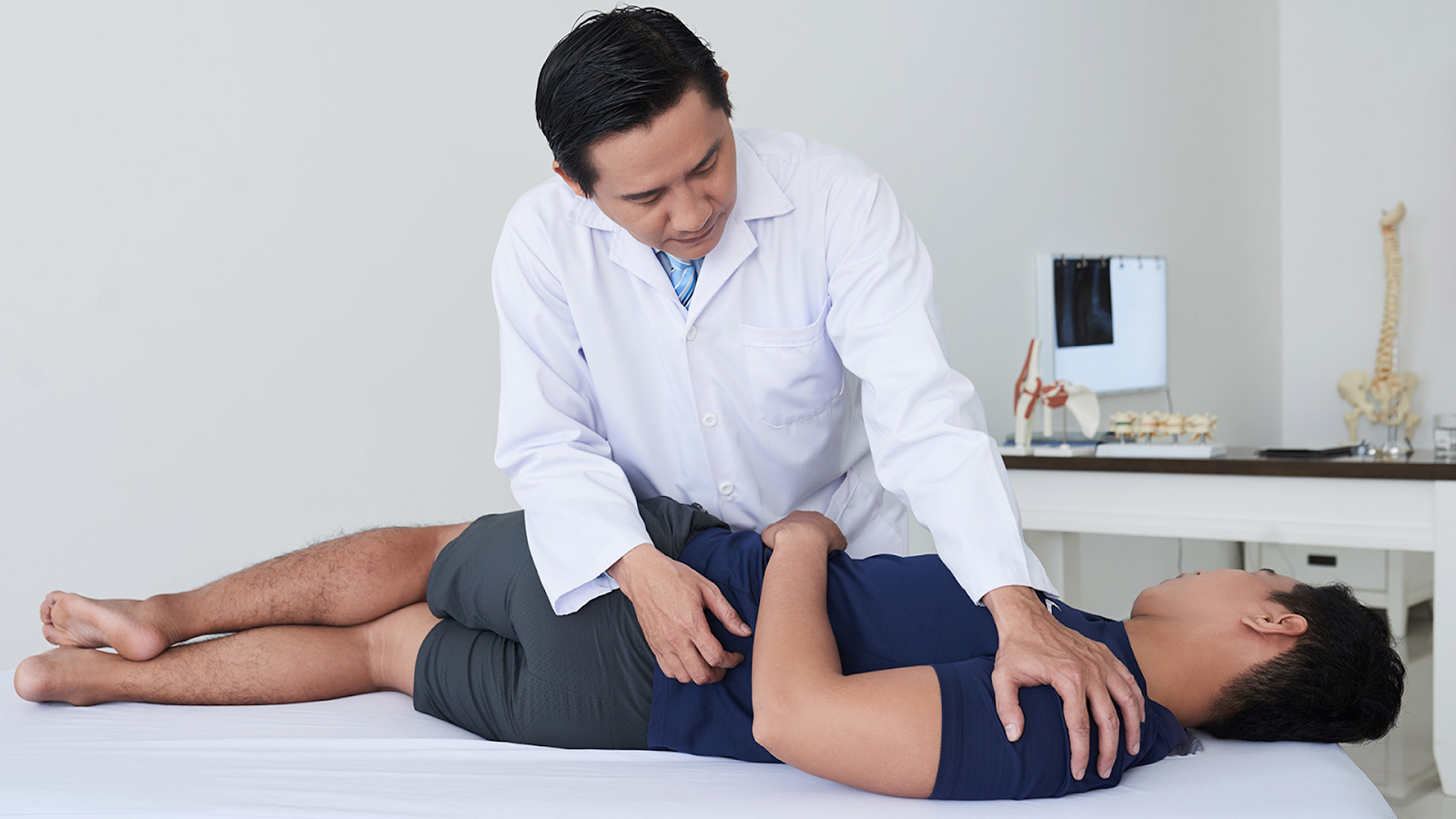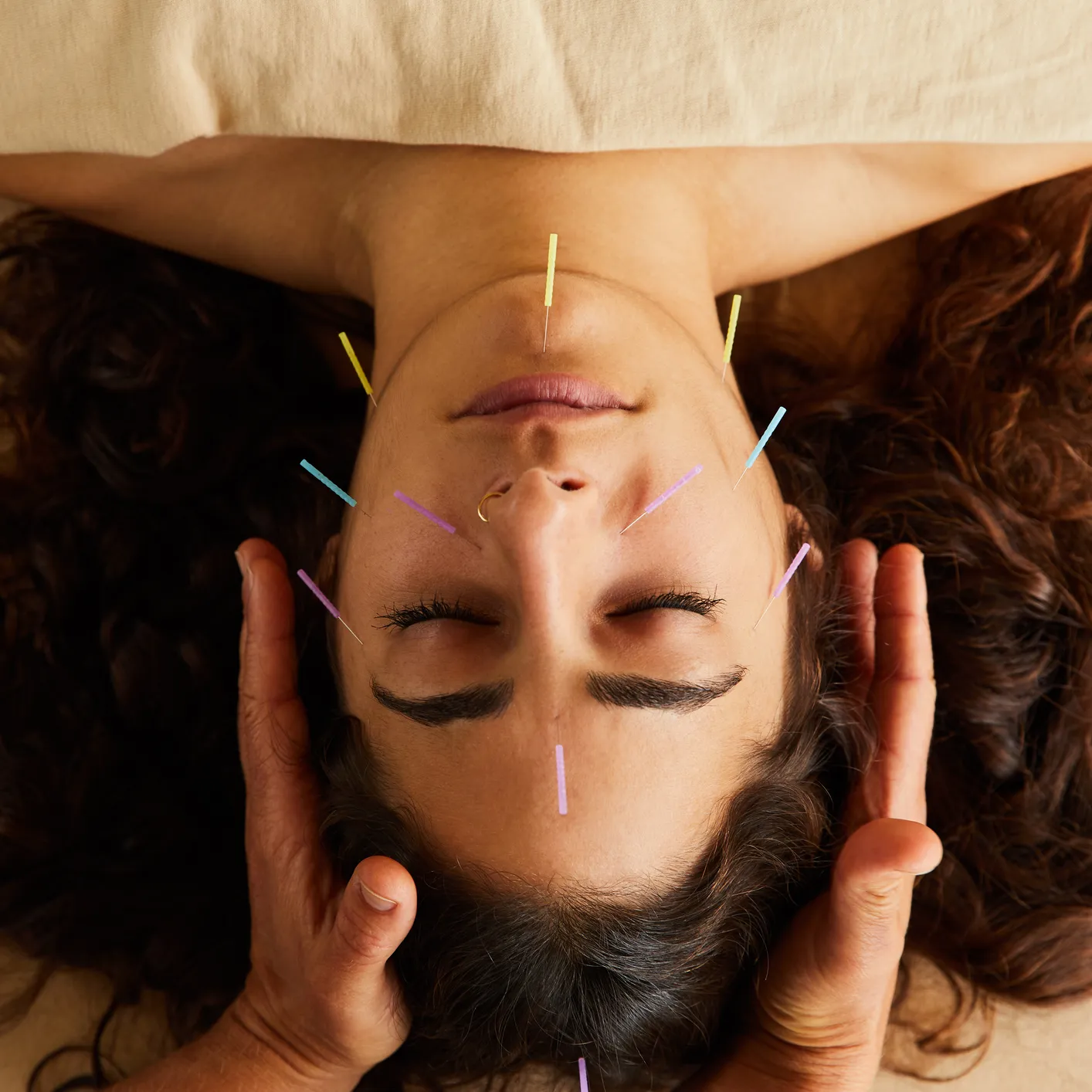Discover Your Perfect Healer Today!
Our online practitioner directory connects you with a wide range of healers to suit your unique needs.
Easily search and find the right professional to support your wellness journey.
Start exploring today to find your perfect match.
Modality
Disease
Books
Products
Events
Training
Blogs
Chiropractor
Building a Community: Connecting with Fellow Chiropractic Practitioners
It is overly sufficient to say that networking within the chiropractic profession aids in professional development and the exchange of ideas. With more and more ...
Read More → Written by
James Williams
Dietician
Can Dietitians Prescribe Medication? Here’s What You Need to Know
Have you ever been confused by opposing advice regarding nutrition or found it difficult to lose weight even when you try your best? This is ...
Read More → Written by
John Smith
Reflexology
Uncovering the Truth: Myths and Misunderstandings in Reflexology
Reflexology has been used for thousands of years, but lately, it started gaining more popularity as an auxiliary healing method. Nevertheless, misunderstandings and false facts ...
Read More → Written by
John Smith
Acupuncture
Unlocking Acupuncture’s Healing Power: What to Expect
Acupuncture, a traditional Chinese medicine practice that has been around for the longest time ever, is now a widely recognized therapy for its health benefits. ...
Read More → Written by
David Brown
Reiki Healers
Starting Your Reiki Healing Journey: A Beginner’s Guide
Reiki is a popular form of alternative therapy that involves channeling energy through touch for healing purposes. However, it has its downside like any other ...
Read More → Written by
John Smith
Osteopath
Osteopathy for Personal Growth: Transforming Your Life Naturally
Osteopathy is far more than the removal of muscular or bodily discomfort; it is a treatment strategy that seeks to bring both personal growth and ...
Read More → Written by
David Brown






